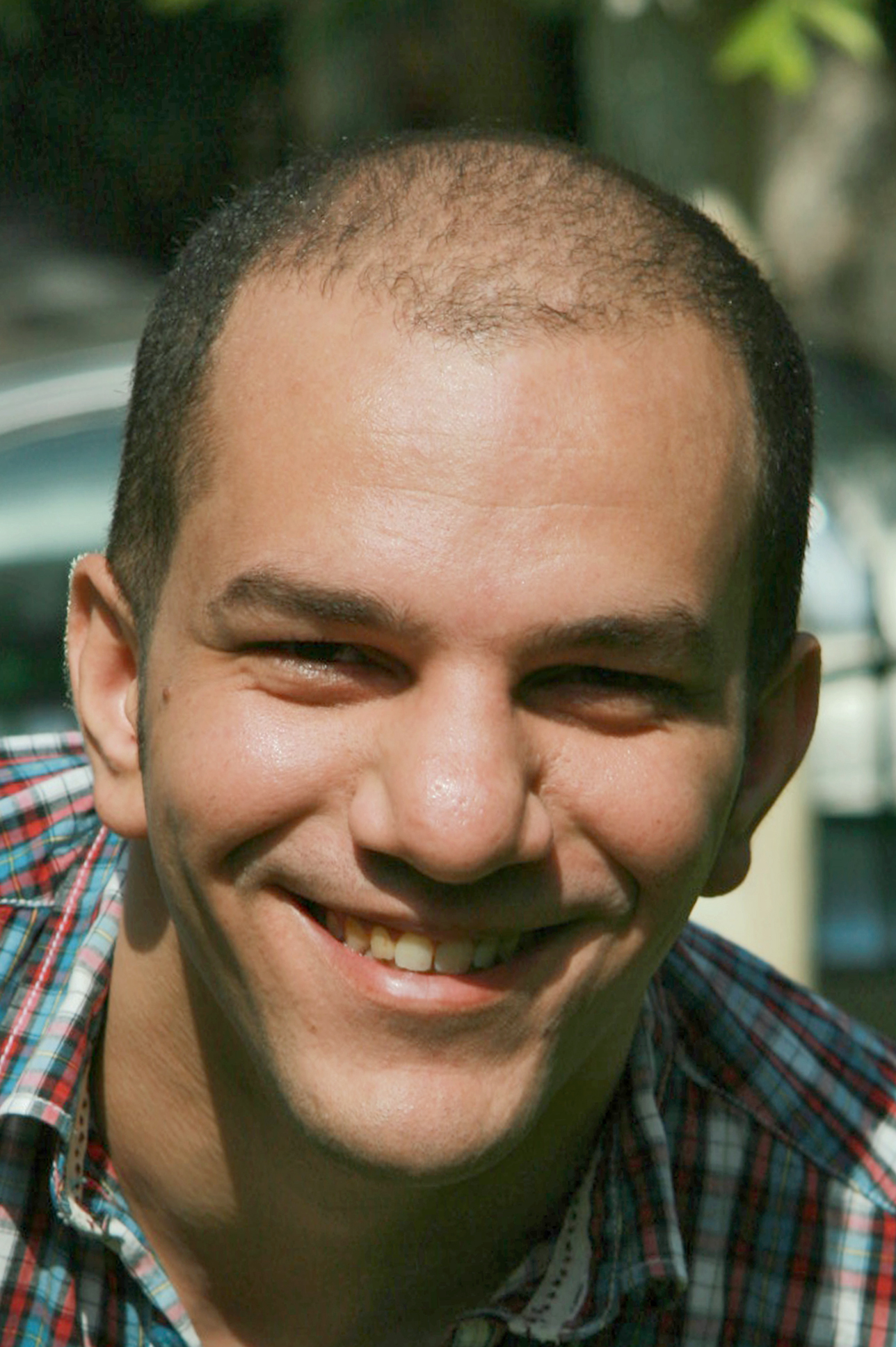There is no doubt that Germany’s stakes went up when it opened the door to become a new welcoming home to more than a million refugees, particularly from Syria. Unlike what many believe, among those refugees there are many who are not Syrian. Merkel opened the door to a million refugees, knowing very well that they will become two million within the next two years in light of the right of asylum and the facilities that have been taken recently to reunite families of refugees.
What Merkel has done is of course correct. Regardless of all economic considerations, the right act will overrule, which is opening the door to refugees before the situation deteriorates even more at the borders. Thousands could have died. A humanitarian crisis could have happened, ending eventually with opening the door – but too late. This way, Germany and Merkel have both taken a remarkable place in history. Merkel, and her concerned institutions, have learned from history. They realised this was the only good solution to become heroes and masters of situations. They withdrew from becoming criminals, where the budget of polishing Germany’s reputation could cost more than what it costs to help refugees.
We should bear in mind that financial costs are much less than historical losses. This could have placed Germany, once again, in a deadlock.
Germany’s move to welcome refugees was nonetheless positive. In my opinion, it was one of the most successful moves over the past years when looking at it from a perspective of win or lose, and in a correct political and historical view.
There is no doubt that all the bad impacts that may result from the large influx of refugees as well as the financial problems, local and federal councils, and provinces will now all shrink based on the “cut your coat according to your cloth” strategy.
Also, security problems will be like any other problems. Solutions will be found as Germans always do. This may even push them to receive more refugees if they introduce a few conditions. It could be a chance for everyone with a Middle Eastern background. This will also help put pressure on the government to allow Islamic organisations to receive more funding from the state, or make them equivalent to churches, which can receive funding from civil society, and not only a place of religious rites. The size of the event and the sudden influx of refugees has sparked the spirit of Christmas in Germany. We find donations and volunteers, as well as other usual solutions that arise to meet similar sudden crises. Germans, pushed by the gracious voluntary church spirit, stands to help state bodies bear the sudden burden. All of this hone the spirit of cooperation and collaboration, and blows away the wind of the far-right. In spite of the xenophobia and Islamophobia, only the moral humanitarian rhetoric is left – it echoes louder than all other sounds.
All of this is wonderful; however, does Merkel have a personal goal? I can almost assure you that she does.
She is following her party’s godfather, Helmut Kohl. He too opened the door to Russians of German roots (spätaussiedler in German). Although they came in decades ago, they remain loyal to Kohl and Merkel’s party, the Christian Democratic Union (CDU) of Germany. Those Russians are not few. They are almost guaranteed to vote for the party in any elections. Some may see this as a strange logic. Allowing people in and expecting a political and electoral loyalty from them. But, no! This isn’t new. This happened before in Bahrain, Kuwait, Iraq, Hungary, and Sweden.
Here is my opinion. I don’t want to praise it too much and wonder why Merkel allowed the 1 million refugees to enter Germany. She certainly did so for these reasons, and others, which I can speak of another time. But by doing so, Merkel was able to avoid greater disasters, ensure a place for herself and Germany in history, and guarantee success in the upcoming elections, for herself and her party.
Hala Kindleberger is a doctoral candidate in sociology and political science.


